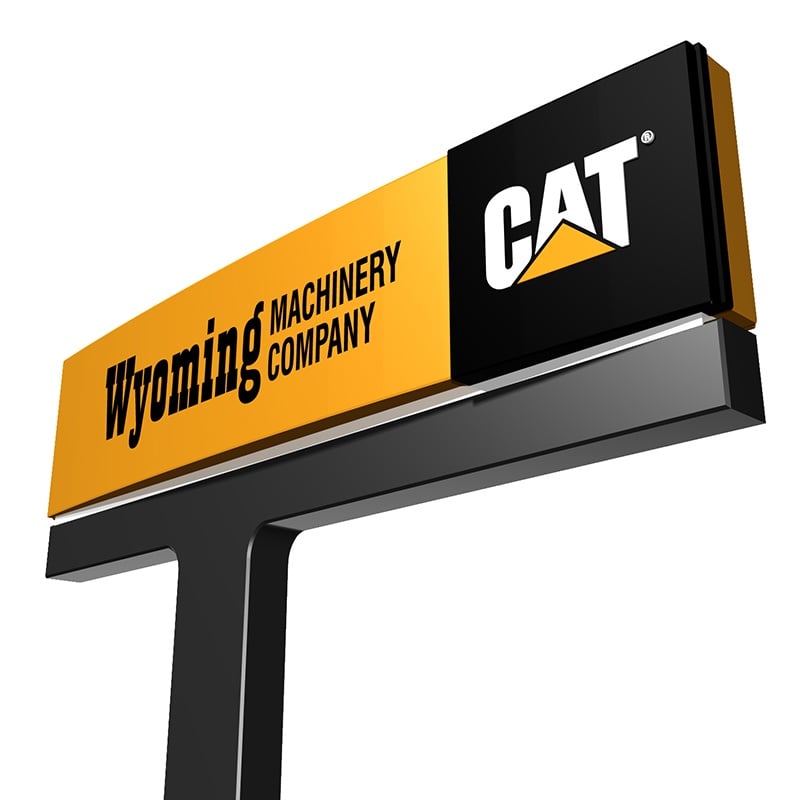Tracks versus wheels. It’s a common compact loader debate. Several factors come into play when choosing the right loader for your applications … the terrain, ground speed, traction, load-handling capabilities and the list continues. After receiving a ton of helpful feedback from our followers on social media, we decided to share some “food for thought” for any of you who are still grappling with the decision between tracks or wheels.
TRACKS OR WHEELS? A HIGH-LEVEL COMPARISON
A track machine is almost always the preferred choice in construction or landscaping applications. Compact track loaders provide more traction, less ground disturbance, better material retention and enhanced lifting capacities. The exceptions here would be the surface you are working on and whether or not you need higher ground speed. For instance, if you are primarily working on concrete or asphalt, a wheeled loader might be the better option, as these surfaces can cause track wear. Additionally, if you’re working on projects that may require higher ground speed, such as highway construction or multiple landscaping projects within a subdivision, a skid steer loader may be a better fit for your needs.
EXPERIENCES FROM PROFESSIONALS LIKE YOU
We've received valuable input from some of our social media followers on the debate. So let’s hear what they had to say about their experiences operating both wheeled and track compact loaders for various applications:
”I use my 289D (compact track loader) for a lot of grading gravel driveways and dirt work. It gets used to load tandems too. I wouldn’t have anything but tracks. They're a lot more stable loading trucks, especially with a seven foot bucket on it. I can drive across yards without leaving a mark, which my customers really like.”
– Austin,
”We do mostly finished houses and commercial projects where we are often working on concrete and asphalt, then to backyards. So for us, tires are best for our needs.”
– Charlton,
”For what I do, every machine should have tracks except a grader or haul truck. Tracks obviously have better traction; they stabilize any machine better than tires. They provide greater ability to travel up and down steep grades. They do have a higher operating cost but give you the ability to work in every condition. In the long run, that will make up for the extra cost and generate larger profits — especially on big dirt jobs where traction is key. Tracks float. On a small to medium job site with all tracked machines, the need for a grader and extra operator is basically eliminated.”
– Scott,
ADDITIONAL CONSIDERATIONS
Scott leads us into a concern business owners often have about selecting a compact track loader over a wheeled machine: maintenance. While track machines can introduce higher maintenance and operating costs, they do allow you to work a longer season and complete more jobs. Because track loaders have lower ground pressure, they can operate in places a skid steer loader couldn’t due to wet ground conditions. Think about early spring when the ground is thawing out from the winter season—compact track loaders can go ahead and begin working on job sites.
Also, when comparing equivalent skid steer and compact track loader models, the track machine will typically provide about 30 percent more tipping load capacity due to its heavier undercarriage and increased stability. Therefore, you can use a higher capacity bucket and move more material per pass because the track machine will be able to handle it. This is especially helpful for contractors who deal with heavy hardscape materials, such as pavers and retaining wall block.
Due to several of the examples we outlined above, the industry is definitely experiencing a shift from wheeled machines to compact track loaders. However, it’s still important to consider several factors when selecting the loader that fits your needs.



